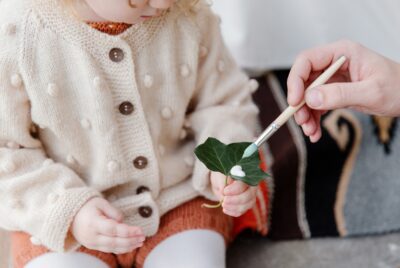RESEARCH
The Effect of Horticulture Therapy Program for Behavior Problems and Subjective Mood and Energy of Childhood Cancer Patients
Summary
This study investigated the effects of a horticultural therapy program on childhood cancer patients, analyzing psychosocial changes to assess its potential for recovery management. The study used a pre-post test design with an experimental group that participated in the program and a control group that did not. Participants were recruited through voluntary applications and recommendations, with the final analysis including 8 patients in the experimental group and 5 in the control group. The program, based on the ‘relaxation-social support-cognitive behavior’ strategy, consisted of eight 90-minute sessions focused on indoor horticultural activities tailored for cancer patients’ characteristics and preferences. Problem behaviors were measured using the Korea-Child Behavior Checklist (K-CBCL), and subjective mood and energy states were measured using the Affect Grid.
The results indicated that the horticultural therapy program was effective in reducing negative psychosocial states and improving subjective mood in childhood cancer patients. Specifically, the experimental group showed a statistically significant decrease in scores for somatization, social immaturity, attention problems, and total problem behavior after the program compared to before. The cumulative subjective mood score of the experimental group throughout the sessions also showed a statistically significant increase. The authors suggest these improvements are attributable to the cognitive behavior strategy component of the program, which helped participants recognize their thoughts and feelings, build social relationships, and gain a sense of achievement through activities.







